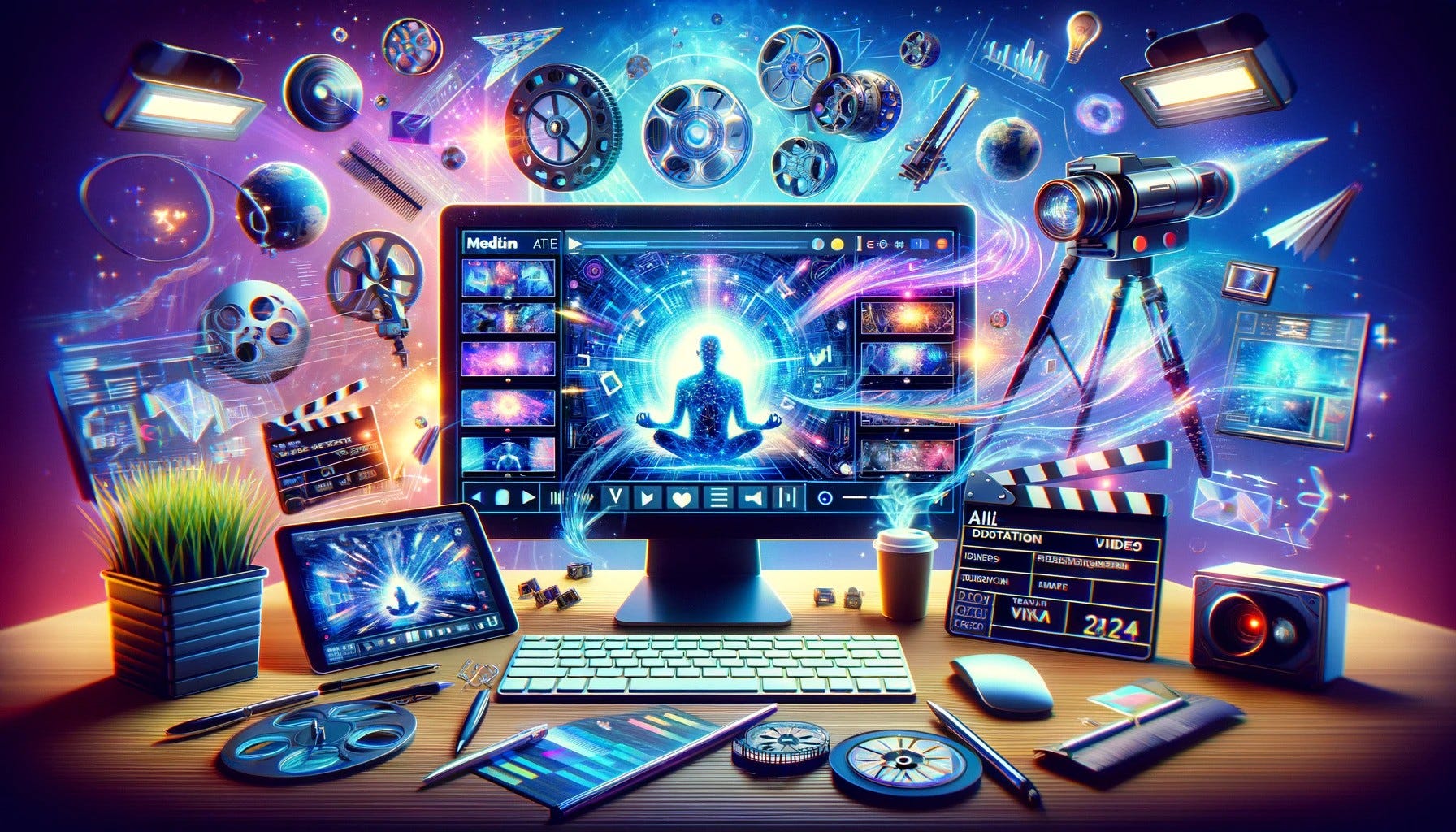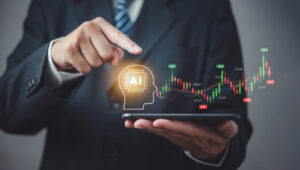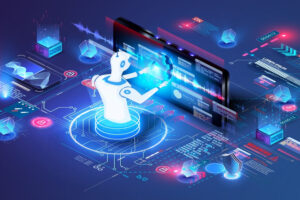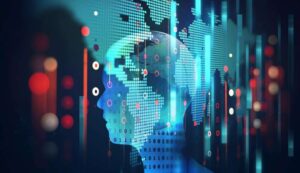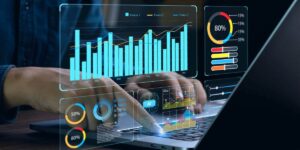In recent years, AI video generation has transformed the way digital content is produced and consumed. With rapid advancements in technology, creators can now harness the power of AI to produce high-quality videos efficiently. However, this rise in AI-generated content brings about important questions regarding copyright and intellectual property rights.
As AI video generation continues to evolve, understanding the implications on copyright is crucial for digital creators. This article aims to explore these complexities and provide insights into how creators can navigate this landscape.

Understanding AI Video Generation
AI video generation involves the use of artificial intelligence algorithms to create video content. These algorithms can analyze data inputs, such as images, text, or existing videos, and generate new visuals. This technology is widely used in various industries, from entertainment to marketing.
The Role of AI in Video Creation
AI plays a significant role in automating video production processes. It can enhance video editing, improve quality, and even create entire videos from scratch. For instance, AI can generate characters, set backgrounds, and provide voiceovers, making it a versatile tool for creators.
Copyright Challenges in AI-Generated Videos
The intersection of AI video generation and copyright law presents unique challenges. Traditional copyright principles may not easily apply to content created by machines. This raises questions about ownership and rights management.
Who Owns AI-Generated Content?
Determining ownership of AI-generated content can be complicated. In most jurisdictions, the author of a work is the individual who creates it. However, when a machine generates content, the lines of authorship blur. Legal experts are still debating whether the creator of the AI tool, the user of the tool, or the AI itself should hold the copyright.
Case Studies in AI and Copyright
Several cases have already emerged that highlight the complexities of copyright in AI-generated videos. These cases often focus on whether AI-generated works can be protected under existing copyright laws and who holds the rights to such works.
Navigating Copyright Laws as a Digital Creator
For digital creators, understanding and navigating copyright laws is essential. While AI offers powerful tools for content creation, creators must ensure they are compliant with legal standards.
Best Practices for Protecting AI-Generated Works
Creators can adopt several best practices to safeguard their AI-generated content. These include registering works with relevant copyright offices, using licensing agreements, and staying informed about legal developments in AI and copyright.
Licensing and AI Video Content
Licensing is a crucial aspect of managing rights for AI-generated videos. Creators should consider licensing agreements that clearly define the use and distribution of their content. This can help prevent unauthorized use and protect their intellectual property.
The Future of AI Video Generation and Copyright
As technology advances, the landscape of AI video generation and copyright will continue to evolve. Creators must stay informed and adapt to these changes to remain competitive.
Emerging Trends in AI and Copyright
New trends are emerging in the realm of AI-generated content and copyright. For example, blockchain technology is being explored as a means to secure and manage digital rights effectively.
The Role of Policy Makers
Policy makers play a vital role in shaping the future of AI video generation and copyright. By enacting laws and regulations that address the unique challenges posed by AI, they can protect creators while fostering innovation.
For more insights on AI and its impact on video creation, check out AI in video personalization and top AI tools for video marketers.
Conclusion
In conclusion, the intersection of AI video generation and copyright presents both challenges and opportunities for digital creators. By understanding the legal landscape and adopting best practices, creators can harness the power of AI while protecting their intellectual property rights.

FAQs
1. Can AI-generated videos be copyrighted?
While AI-generated videos present unique challenges, they can be copyrighted under certain conditions. It often depends on the jurisdiction and how authorship is defined.
2. Who holds the copyright to an AI-generated video?
The copyright holder could be the creator of the AI tool, the user, or another party, depending on legal interpretations and agreements.
3. How can creators protect their AI-generated content?
Creators can protect their AI-generated content by registering it, using licensing agreements, and staying informed about legal developments in AI and copyright.
For further reading on how AI is transforming the creative industry, visit this external article.

